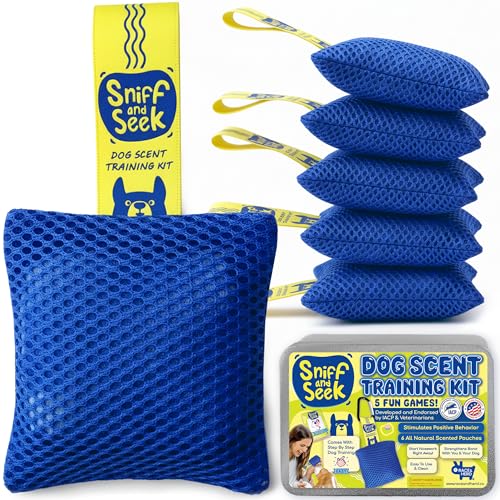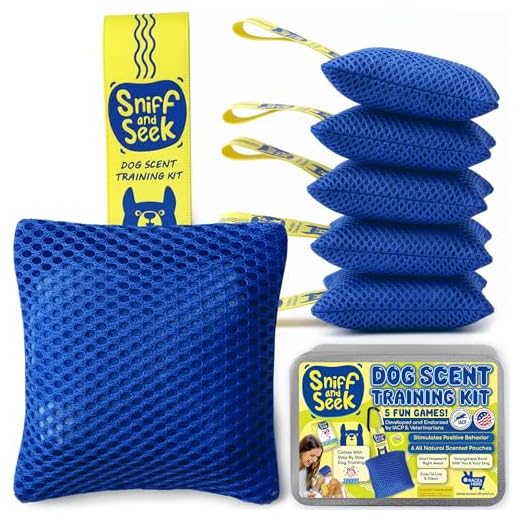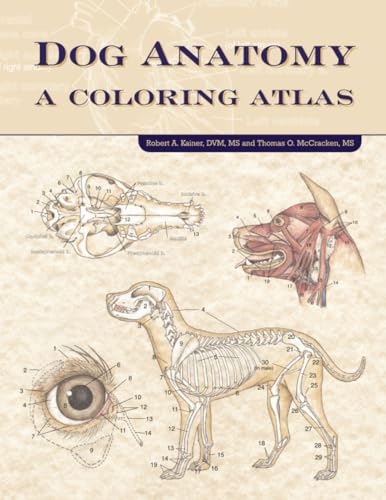




Noticing your furry companion nibbling on something they shouldn’t? It’s not uncommon for our pets to show interest in, shall we say, unconventional food sources. This behavior often stems from natural instincts and curiosity. In many cases, it can be traced back to taste preferences or nutritional deficiencies. If this habit has become frequent, it’s time to investigate further.
Many canines are driven by scent, often leading them to explore items that pique their curiosity. Scents associated with human waste can be particularly enticing, especially if they detect something familiar or appealing. It’s essential to remember that these creatures are scavengers by nature; their instincts guide them to investigate and taste anything that seems interesting. Providing a balanced diet might reduce this behaviour, ensuring they receive all necessary nutrients.
If this practice persists, consider consulting your vet. They can help rule out any underlying health issues or dietary deficiencies. Additionally, training techniques can redirect this behaviour, reinforcing positive habits and discouraging unwanted ones. Keeping a close eye on your pet during walks and playtime can also help prevent these unsavory snacking habits.
Ultimately, understanding the reasons behind this peculiar behaviour can help you manage it effectively. With the right approach, you can ensure your beloved companion stays safe and healthy, while also maintaining peace of mind for yourself.
Curiosity and Exploration
Curiosity drives many canines to investigate their surroundings, including unusual items. The scent of human waste can pique their interest. It may not seem appetising to us, but for them, the odour can be intriguing. They might associate the smell with something familiar or new to explore. If you notice your pet engaging in this behaviour, redirecting their attention with a toy or treat can be beneficial.
Nutritional Deficiencies
Sometimes, a lack of certain nutrients in their diet can lead to odd eating habits. If your furry friend is missing essential vitamins or minerals, they may turn to non-food items in search of what they need. Consulting with a veterinarian about dietary adjustments can help ensure a balanced intake and reduce these tendencies.
Habit Formation
If this behaviour becomes a pattern, it may stem from boredom or anxiety. Regular exercise and mental stimulation are crucial. Engaging your companion in daily activities or training sessions can redirect focus and reduce unwanted behaviours. Creating a structured routine might also ease any anxiety that triggers this peculiar habit.
Understanding Canine Behaviour and Coprophagia
To tackle this puzzling habit, observe your pet’s environment and diet. Animals sometimes partake in this behaviour due to nutritional deficiencies. Ensuring a balanced diet rich in essential nutrients may curb this inclination.
Behavioural aspects play a significant role. Stress, boredom, or anxiety can trigger this action. Engaging your companion through regular exercise, mental stimulation, and interactive toys can alleviate these feelings. Creating a structured routine can also provide comfort and security.
Instinct might contribute as well. In the wild, scavenging behaviours often arise as survival mechanisms. Understanding this instinct can help you manage your companion’s actions more effectively.
If this habit persists, consulting a veterinarian or a canine behaviourist is advisable. They can assess for underlying health concerns and provide tailored strategies. Consistent training and positive reinforcement methods will also help redirect this behaviour.
Take care to clean up promptly after your pet and monitor their surroundings. Reducing access to potential sources is a practical step in minimising this occurrence. It’s about creating an environment that discourages such actions while supporting your furry friend’s well-being.
Health Risks Associated with Canines Consuming Human Waste
Immediate veterinary consultation is crucial if a canine ingests human waste. The potential for transmission of harmful pathogens exists, including bacteria such as E. coli and Salmonella, which can lead to severe gastrointestinal issues. Symptoms may manifest as vomiting, diarrhoea, or lethargy.
Parasites are another concern. Intestinal worms like Giardia or Toxocara can be present in human faeces, risking infection in your pet. Regular deworming schedules should be maintained, but exposure to contaminated waste can still pose a threat.
The risk of zoonotic diseases–those that can transfer between species–cannot be overlooked. Certain viruses and bacteria in human excrement may cause illnesses in canines, stressing the need for vigilance in monitoring your pet’s behaviour.
Ingestion of human waste may also lead to nutritional imbalances. Canines may seek out such materials due to deficiencies in their diet, yet this behaviour can exacerbate health problems instead of resolving them. Consulting with a veterinarian about balanced nutrition is advisable.
Maintaining a clean environment is key. Ensuring that human waste is disposed of properly can significantly reduce the temptation for your pet to scavenge. Regularly cleaning up after yourself and securing waste bins helps create a safer space for your companion.
Lastly, if this behaviour persists, behavioural interventions might be necessary. Engaging with a trainer who specialises in behavioural issues can provide strategies to redirect this activity, promoting healthier habits for your pet’s well-being.
Identifying Nutritional Deficiencies in Your Canine Companion
Monitor your pet’s coat condition. A dull, dry, or flaky coat often signals inadequate nutrients, particularly essential fatty acids. Ensure a balanced diet rich in omega-3 and omega-6 fatty acids to enhance their coat health.
Look for changes in energy levels. If your furry friend seems lethargic or less playful, it may indicate a lack of vital vitamins or minerals. Regularly assess their food intake and consider supplements, especially if you notice a dip in enthusiasm.
Behavioural Indicators
Pay attention to unusual behaviours. If your furry friend is exhibiting signs of coprophagia, it could stem from nutritional gaps. Some pets may instinctively seek out alternative food sources if they sense their diet isn’t meeting their needs. This is where understanding their instincts becomes important.
Consulting with a Veterinarian
Schedule regular check-ups with a vet to evaluate your pet’s health. A professional can run tests to identify deficiencies in their diet. They may recommend specific foods or supplements tailored to your companion’s needs. If you notice peculiar habits like nudging their food, it might be linked to dissatisfaction with their diet, as explained in this article about why do dogs nudge their food with their nose.
By staying alert to these signs, you can better support your pet’s well-being and ensure they thrive.
Training Techniques to Discourage This Behaviour
Redirect attention immediately with a firm “no” whenever this action occurs. It’s crucial to establish clear boundaries. Reward with treats and praise when your furry friend ignores the temptation. Consistency is key.
Implementing a strong recall command can help. Practice regularly in a distraction-free environment. Gradually introduce distractions, rewarding successful responses. This way, when you call your companion away from unwanted items, they will respond quickly.
Consider using a leash during walks. This allows you to prevent unwanted behaviours by controlling their movement. If they attempt to investigate something inappropriate, gently guide them away and provide a more acceptable distraction, like a toy or treat.
Engage in regular exercise and mental stimulation. Boredom often leads to exploring unpleasantries. Incorporate activities such as:
- Interactive toys
- Agility training
- Long walks in new environments
Establishing a consistent feeding schedule can also make a difference. This helps regulate their digestive system, potentially reducing the urge to scavenge. Always monitor their eating habits closely.
Lastly, consider consulting a professional trainer. They can provide tailored strategies and additional support if behaviours persist. Training sessions can be beneficial for both the pet and the owner, fostering a better understanding of communication and boundaries.
When to Consult a Veterinarian About Your Canine’s Eating Habits
Seek veterinary advice if your furry friend exhibits persistent interest in consuming waste, especially if accompanied by changes in behaviour, appetite, or health. A professional can help identify underlying health issues or behavioural concerns.
| Symptoms Indicating a Visit | Possible Concerns |
|---|---|
| Frequent attempts to consume waste | Behavioural issue, nutritional deficiency |
| Vomiting or diarrhoea after ingestion | Gastrointestinal distress, parasites |
| Weight loss or poor coat condition | Malnutrition, health problems |
| Changes in energy levels | Underlying medical conditions |
| Excessive licking or chewing of non-food items | Behavioural issue, anxiety |
Don’t hesitate to contact a veterinarian if your pet demonstrates these signs. Early intervention can lead to effective solutions, ensuring your companion remains happy and healthy.






